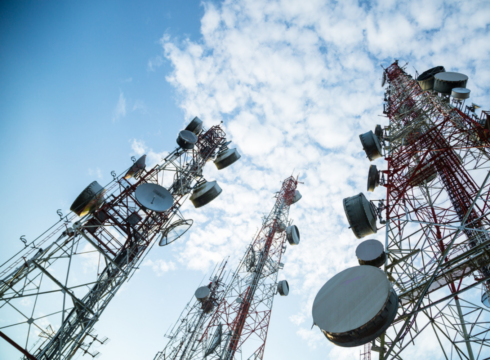SUMMARY
The Draft Telecom Bill, introduced in September this year, has already received ample criticism from various stakeholders for the kind of reforms it aims to bring
By creating room for licencing provisions applicable to OTT service providers, the government is creating an ‘existential threat’ to India’s startup ecosystem: IAMAI
Certain policy experts’ recommendations seem to strengthen the gatekeeping abilities of the owners of the infrastructural layer on which OTT services operate: IAMAI
Inc42 Daily Brief
Stay Ahead With Daily News & Analysis on India’s Tech & Startup Economy
The Internet and Mobile Association of India (IAMAI) said in a statement on Friday (November 25) that the recently concluded consultation on the country’s Draft Telecom Bill is either a ‘wilful misinterpretation’ of how the digital economy works or lacks the fundamental understanding of it.
The Draft Telecom Bill, introduced in September this year, has already received ample criticism from various stakeholders for the kind of reforms it aims to bring into the industries that are under the Department of Telecommunications’ (DoT) purview.
After suggesting the government to keep OTT and DTH services out of the Bill’s purview, IAMAI has now said that by creating room for licencing provisions applicable to OTT service providers, the government is creating an ‘existential threat’ to India’s startup ecosystem as they will be hindered by great barriers to entering into the sector.
“Not only would this mean that aspiring Indian startups, which are still evolving and developing their business and monetisation models, will risk massive compliance costs in their infancy, but also would mean that foreign investors bullish on Indian startups may experience a chilling effect owing to the drastic policy uncertainty,” IAMAI said in its statement.
IAMAI represents various technology sectors including digital advertising, digital entertainment, traveltech, online gaming, digital payments, fintech, digital commerce, blockchain, and big data, and hence, companies such as Amazon, Twitter, Microsoft, and several Indian tech startups.
The industry body said that it was appalled at the ‘regression’ and ‘denigration’ of the discussion around regulating the digital economy, particularly at a time when India is leapfrogging into becoming a global startup hub.
It is pertinent to note in this context that recently, the cloud telephony players in India supported the government’s proposal in the Bill for regulating OTT communication services including WhatsApp, Telegram, and Signal, and that they would require licences to operate.
Further criticising the move of bringing OTT regulations within the ambit of the Draft Telecom Bill, IAMAI said, “…certain policy experts continue to propagate fantasies about equitable contributions from stakeholders within the OTT layer, which would only seem to strengthen the gatekeeping abilities of the owners of the infrastructural layer on which OTT services operate.”
The changes would only establish additional sources of revenues for well-established sectors while the startup ecosystem will be left vulnerable to compliance costs, the industry body said adding that considering these implications, it has already recommended the government to limit the scope of telecommunication services to only those that distribute spectrum in a utilisable form.
IAMAI confirmed writing to the DoT expressing its grave concern. DoT had recently extended the deadline for the submission of public comments on the Draft Telecom Bill till November 20.
IAMAI also said that by regulating carriage and content separately, India has so far enabled the growth of both OTT service providers as well as traditional telecommunication service providers. It called the current discussions as far from the government’s stated goal of achieving a $1 Tn digital economy and might threaten to stop the progress that the Indian tech industry has achieved so far.
Various industry bodies including the Internet Freedom Foundation (IFF) and Asia Internet Coalition (AIC) had already opposed the move of bringing OTTs under the same regulatory purview that exists for telecom companies.
In fact, the Telecom Regulatory Authority of India (TRAI) has also opposed the proposal in the Bill to regulate OTT telecommunication services while it had earlier advocated an issue-based approach towards OTT policymaking.
Note: We at Inc42 take our ethics very seriously. More information about it can be found here.


